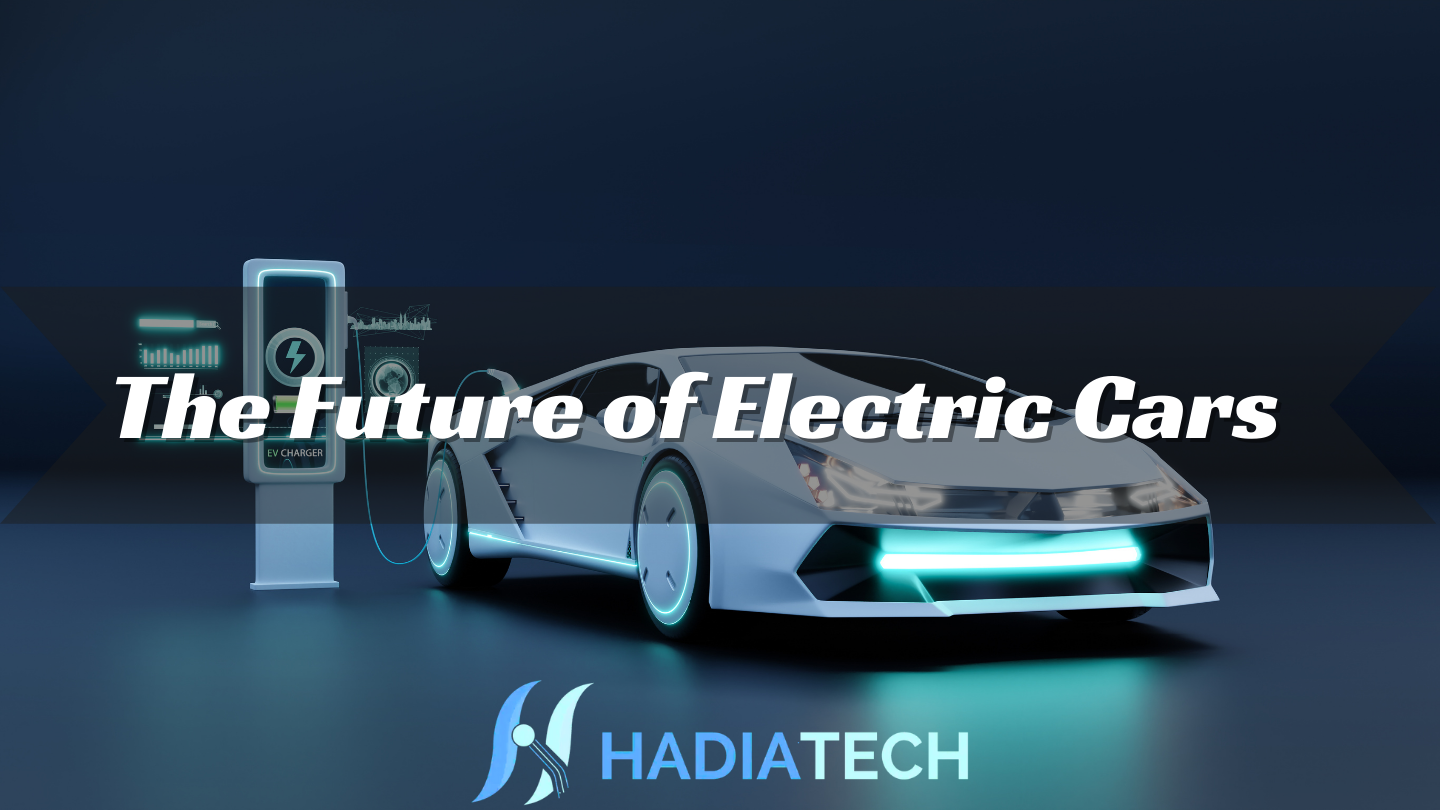The Future of Electric Cars – What’s Next in 2025 and Beyond
Introduction
Whenever I think about the future of cars, the first thing that comes to mind is how quiet the streets will be once electric vehicles take over. I still remember my first ride in an electric car. The silence of the engine, the instant acceleration, and the smooth ride made me realize that the world of automobiles is going through a major shift. The question is not whether electric cars will dominate, but how fast they will become a normal part of our lives.
In this article, I’ll walk you through where electric cars stand today, the challenges they face, and what the road ahead looks like.

The Current State of Electric Cars
Right now, electric cars are no longer futuristic dreams. They are on our roads, parked in our neighborhoods, and quietly challenging the dominance of traditional fuel vehicles. Companies like Tesla, BYD, Hyundai, and even traditional giants such as BMW and Toyota are investing billions in electric models.
Charging stations are becoming more common in big cities, and governments are offering tax incentives for people who switch from fuel to electric. In short, the foundation for the future is already laid down.
Also Read: The Rise of AI Freelancers: A New Era of Work
Why People Are Switching
From my personal observation, there are three main reasons why people are getting more interested in electric cars.
-
Environmental Benefits
Air pollution is a serious issue in almost every city I have visited. The promise of zero emissions makes electric cars attractive for anyone concerned about climate change and cleaner air. -
Cost Savings
Although electric cars are still expensive to buy, they save a lot on running costs. Charging is cheaper than filling a tank of petrol, and maintenance is lower because electric motors have fewer moving parts. -
Driving Experience
This one is underrated. Once you drive an electric car, the smooth acceleration and quietness are hard to ignore. It feels futuristic and exciting.
Challenges That Cannot Be Ignored
Of course, the future of electric cars is not without obstacles. I have noticed a few challenges that still hold back mass adoption.
-
High Price
Electric cars are still more expensive compared to petrol cars, especially in developing countries. -
Charging Infrastructure
While big cities may have charging stations, rural areas are still left behind. This makes long-distance travel difficult. -
Battery Technology
Batteries are improving, but they are not perfect. Charging still takes longer than refueling a car, and battery replacement costs are very high.
These hurdles need strong solutions if we really want electric cars to become mainstream.
The Role of Governments and Policies
Everywhere I look, one thing is clear. Without government support, electric cars will struggle to grow. Countries like Norway are leading the way, where most cars sold today are electric, thanks to heavy incentives. China is another giant pushing EV adoption by building huge charging networks and supporting local manufacturers.
Other countries are catching up, but policies are different everywhere. Some governments are setting deadlines to ban petrol cars in the next 10 to 15 years. If these plans succeed, we might see a complete shift sooner than expected.
Also Read: Cloud Gaming in 2025: The Future of Gaming or Just Overhype?
How Technology is Shaping the Future
The most exciting part of the electric car journey is the technology behind it. Battery research is moving fast, with solid-state batteries promising shorter charging times and longer range. Autonomous driving is another field that connects directly to EVs. Once self-driving technology becomes safe and legal, we could see electric cars operating as shared taxis, reducing the need for private car ownership.
Also, renewable energy integration will play a big role. Imagine charging your car directly from solar panels at home. That future is not far away.

The Global Picture
If I look globally, I see different stories. In Europe, electric cars are already trendy and practical. In Asia, China is leading with affordable EVs for the masses. In North America, Tesla has become almost a symbol of innovation. Meanwhile, in developing countries, progress is slower due to lack of infrastructure and higher prices.
This uneven growth shows that while the future of electric cars is guaranteed, the timeline will not be the same everywhere.
What the Future Holds
From my perspective, the next decade will be the real turning point. Prices will come down as technology improves, batteries will become more efficient, and governments will put more pressure on fuel cars. By 2035, I believe most of us will be driving electric cars as naturally as we drive petrol cars today.
It is not just about cars, though. Electric buses, trucks, and even motorcycles are coming in strong. Cities will feel quieter, cleaner, and more efficient once EVs dominate.
My Final Thoughts
After seeing the progress so far, I have no doubt that electric cars are here to stay. The challenges are real, but so are the solutions. The shift will not happen overnight, but slowly, as the roads fill up with electric vehicles, we will look back and wonder how we ever lived in the age of noisy, fuel-guzzling cars.
The future of electric cars is not just about transport. It is about cleaner cities, better technology, and a step forward for humanity.




